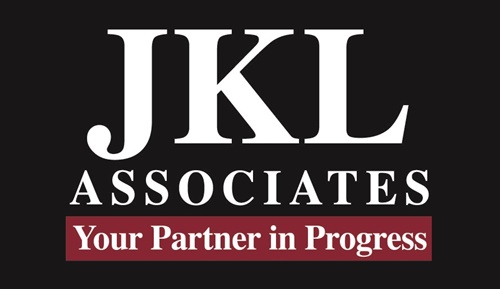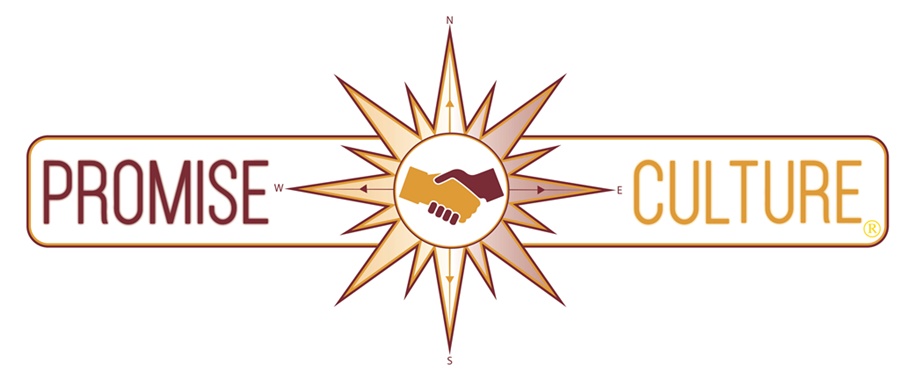Job Descriptions have been the staple of the business hierarchal structure for years. Each level of the pyramid had its defined job boxes and the associated duties and tasks for each box. The general idea of separating and defining was the model that moved our complex capitalistic economy from agriculture to industrial.
On the farm, everyone had their primary jobs, but everyone collectively accomplished all the work. They all pitched in, and almost everyone had a solid understanding of how every task, activity, and chore not only had to be done but also why it was essential to the smooth success of the farm. With its many moving parts, the farm ran as smoothly as possible, considering some things like rain were not in the farmer’s control or influence.
As our population moved closer together in cities and farming became more automated in the Industrial Revolution, talent that once worked many jobs on the farm was boxed into specific activities that, when combined, produced some product or service. These boxes fell into the organizational chart of the business and had lists of associated duties and tasks. Thus, job descriptions became the way to identify what a given person was to do in their specific role.
This worked for a long time, but as we move from the Industrial era into the next—call it digital or even the brave new world of AI—the past models of job descriptions also need upgrading. The talent in the marketplace is no longer just interested in exchanging time for tasks completed. Yes, this is still a real factor with staff, but it is more than that in their minds.
Part of human existence is the need to contribute and to be part of something more than the individual. We are a communal people. We need to associate with others. We need to provide and be provided for. These fundamental needs are deeply rooted in each of us. When we reduce an individual to just a number or step in a process, we diminish their individuality. Each of us has a heart and soul that needs to be nurtured.
As JKL Associates engages with our clients, this area of acquiring talent comes up as the business grows and expands. As this occurs, we introduce the concept of Role Contributions and define expectations for each contribution point along the business process. No, this is not just another renaming or changing the definition of a business term. It is a shift in mindset for the entire business culture.
Job Descriptions box a person in and almost to a degree fence in their future potential. Step outside the description and the person might be given a talking-to. Desire to improve on a situation and others might cause you to shut down or experience the wrath of your peers. If an individual steps forward to make a change and improve, the crowd tries to cancel the person out so the rest don’t have to live up to a new or better standard.
The great news is that there are forthcoming talents that desire more. They seek to be part of something bigger, better, more aligned with growth than stagnation. This group of people will also be harder to satisfy and thus cause leadership to struggle with leading them. This is why the culture and mindset need to be upgraded, not just the words and verbs in job descriptions. We prefer to use the term Role Contribution as it helps individuals attach themselves to how they fit into the organization. We use clearly defined expectations that the individual can self-manage so they can asses as they proceed forward. When they are being self-rewarded and acknowledged by leadership, they grow and experience fundamental human needs.
This week, embrace the evolution to the next change in talent growth by inviting people into contribution roles rather than hiring to do a job. Career-minded people seek to invest in themselves to be part of the solution, while job-minded people tend to desire to exchange time for rewards.
If this article caused you to cringe, pick up the phone and call a Promise Guide at JKL Associates. We are ready to start a conversation to assist you in moving your business to its next best level. JKL Associates can be called at MI (313) 527-7945 or FL (407) 984-7246.
COPYRIGHT – JKL ASSOCIATES 2024
QUESTIONS OR COMMENTS – EMAIL US AT PARTNERS@JKLASSOCIATES.COM OR CALL OUR OFFICES – MI AT (313) 527-7945 FL AT (407) 984-7246
Celebrating 30 years of Delivering on “Promises”




